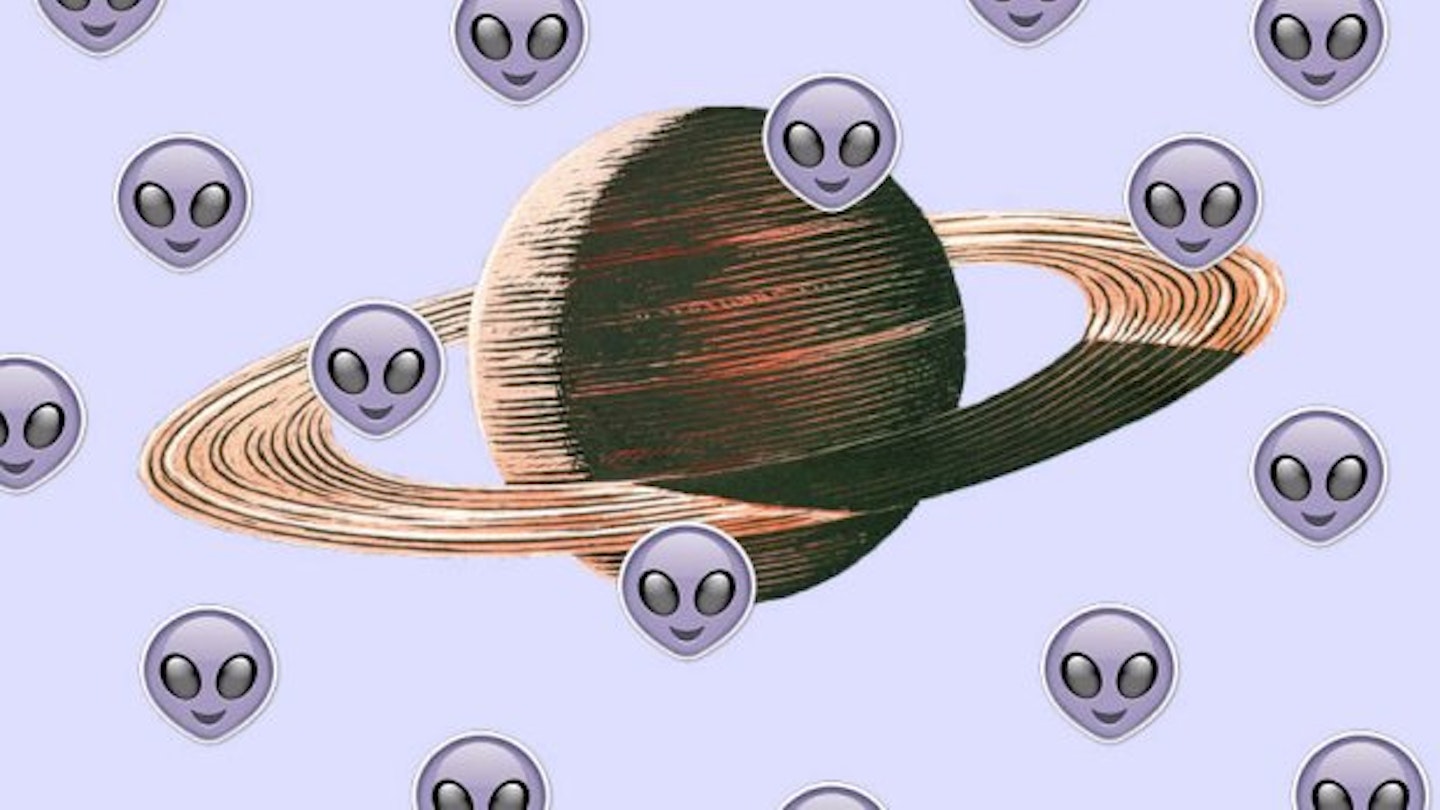French scientists may have just found the first evidence of life beyond Earth. Yes that’s right: we’re talking about aliens.
Using the data from NASA’s recent Cassini spacecraft, the team found chemical reactions happening in a ‘hot core’ below the frozen crust of Saturn's moon Enceladus, creating warm water. While it’s not quite Daleks or ET, it is the first solid evidence we’ve ever found of an energy source capable of fueling life.
Dr Gael Choblet explained to Nature Astronomy: ‘What we show is hydrothermal processes probably provide means to have efficient interactions between rocks and hot water in a large volume deep within the moon. This activity is relatively stable – for at least tens of millions of years.’
In layman terms, this means that Enceladus’ ocean could have been warm for long enough to develop organisms, so our hopes of aliens are pinned on when this warming started. The only way we can know for sure is through future missions equipped with instruments more accurate than those on Cassini.
Even if we do find alien life, biologists from Oxford University recently dashed any hopes of them looking too interesting. A study published in the International Journal of Astrobiology claimed that there would be 'level of predictability to evolution that would cause them to look like us.'
Scientists are hopeful that these findings will help with upcoming missions to Jupiter’s moons, Europa and Ganymede. With both the European Space Agency and NASA making journeys in 2022, fingers crossed for more alien news – that is, when they finally reach Jupiter in 2030.
Better make do with Doctor Who until then.
Like this? You might also be interested in:
NASA Are Looking For A New Galaxy Defender And It Could Be You
Demi Lovato Said We’d Be Self-Centred Not To Belive In Aliens
Follow Chloë on Instagram @chloeeejames
This article originally appeared on The Debrief.
